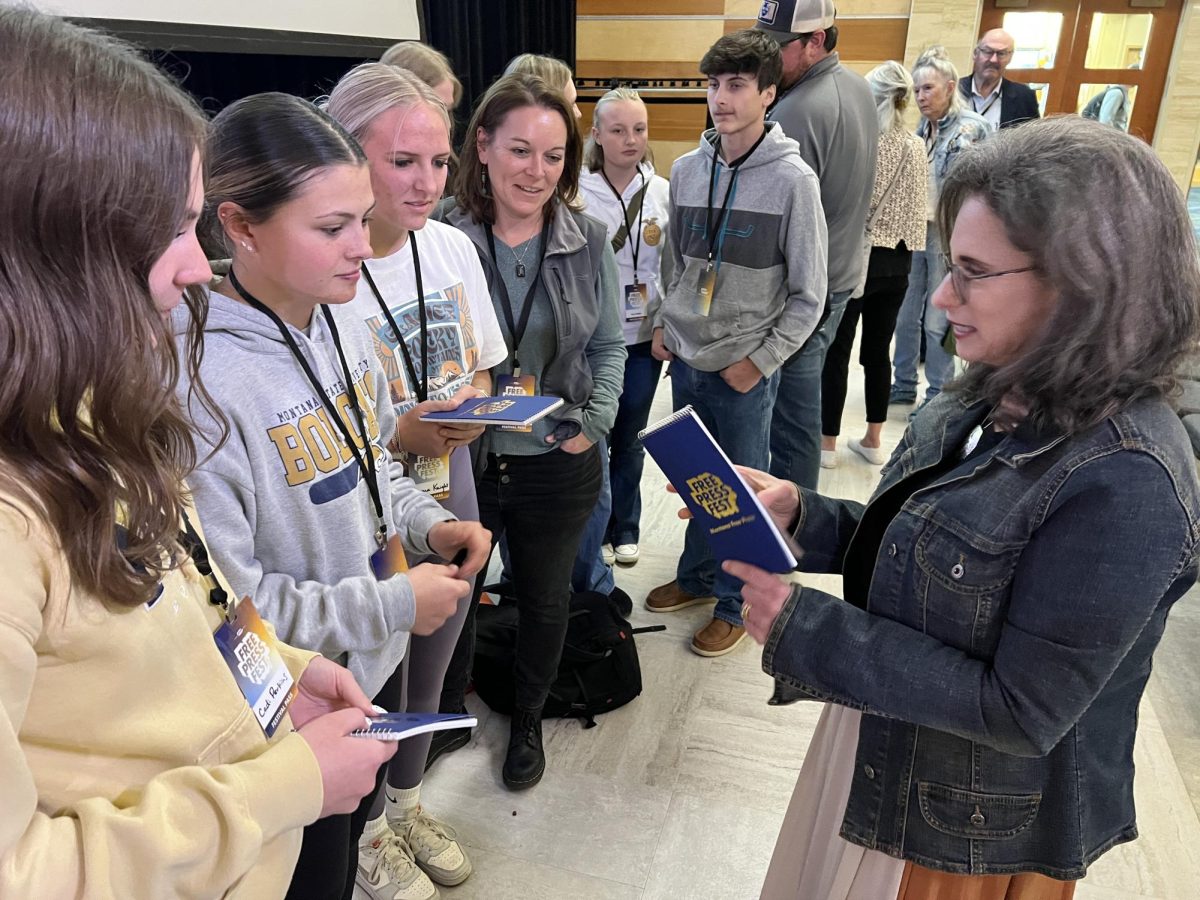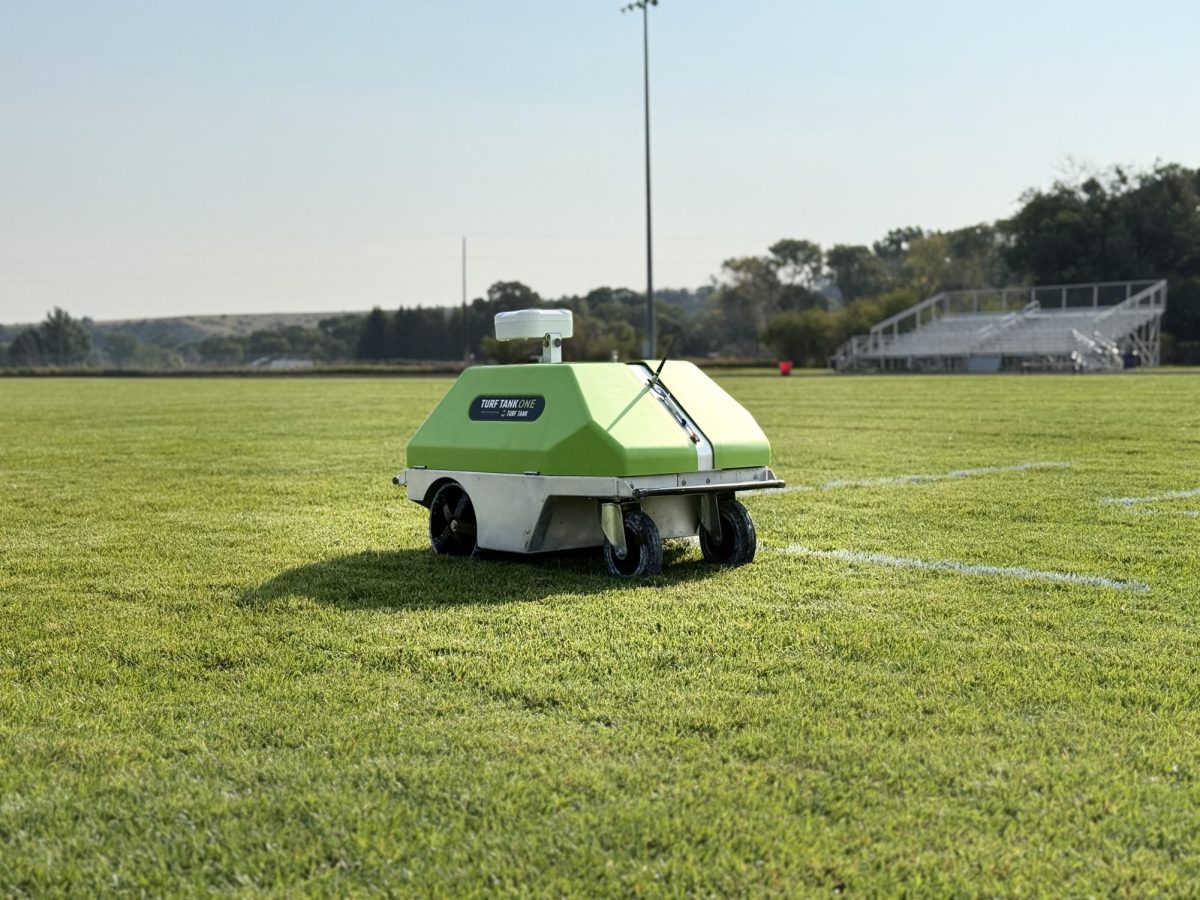A few months ago, I found myself facing a terrifying situation: I wouldn’t be able
to graduate early if I didn’t get half of a language credit. The plan was to take Spanish 2
during summer online and finish it before the start of my senior year. It was so easy to
ignore my Spanish class because I wouldn’t get points taken off for turning assignments
in late. But as I kept putting my assignments on the backburner, it was Christmas break
before I even realized, and I hadn’t even done half of it. In a panic, I rushed to get the
class done so I could just get the dang credit. Did I even come close to understanding
Spanish? No. But it got me wondering, have my peers gone through the same
experience with online classes? Does everyone procrastinate as much as me, or is this
an original experience?
Senior Chase Ohls doesn’t just take one or two online classes. Ohls’ entire
senior year is comprised of online classes through BYU and Montana Digital Academy. The reasoning?
“Because I need money. I wanted to be able to work during school,” said Ohls. This
might seem like a win-win situation to most people, but there are of course drawbacks. “I
like to do all my classes homework on one day during the week, but some of the assignments
are due before that so I just turn them in late.”
Procrastination is a major issue with most people who take online classes, according to
PHS counselor Abby Kinsey. This year, she said there are 59 students taking at least one online course first semester.
While work ethic varies, “It’s easy to put your classes on a back burner,” says Kinsey. And not
only can taking an online class slow down your learning simply from self-procrastination, but
there is a huge lag with the communication between kids and their online instructors. Emails can
take days to be responded to, and most of the time kids are on their own when they need
additional help. At least for some kids, taking only a few online classes gives them the
opportunity to still be at school to get help from teachers. But in cases like Ohls, students are
detached and isolated from their peers and teachers.
Online classes can have perks, such as being able to offer students flexible schedules or
dual credit for college. Students can also explore more topics not offered by the school, such as
meteorology, oceanography, forensic science, and gothic literature. Ohls is taking computer
programming, government, college writing, Japanese, speed reading, Google workplace,
Microsoft workplace, and criminology. But it’s not all sunshine and rainbows. It can be extremely
difficult to stay motivated and not become stressed out by the workload. According to Ohls,
there’s “…more homework, less instruction. I feel a little more stressed because there’s more
deadlines online.” Ultimately, it comes down to the individual and their work ethic. It’s important
to know yourself and how you can get the most out of your education.
Categories:
Procrastination the biggest obstacle to online learning success
Lily Minnick, Geyser Staff Writer
January 22, 2025
0






